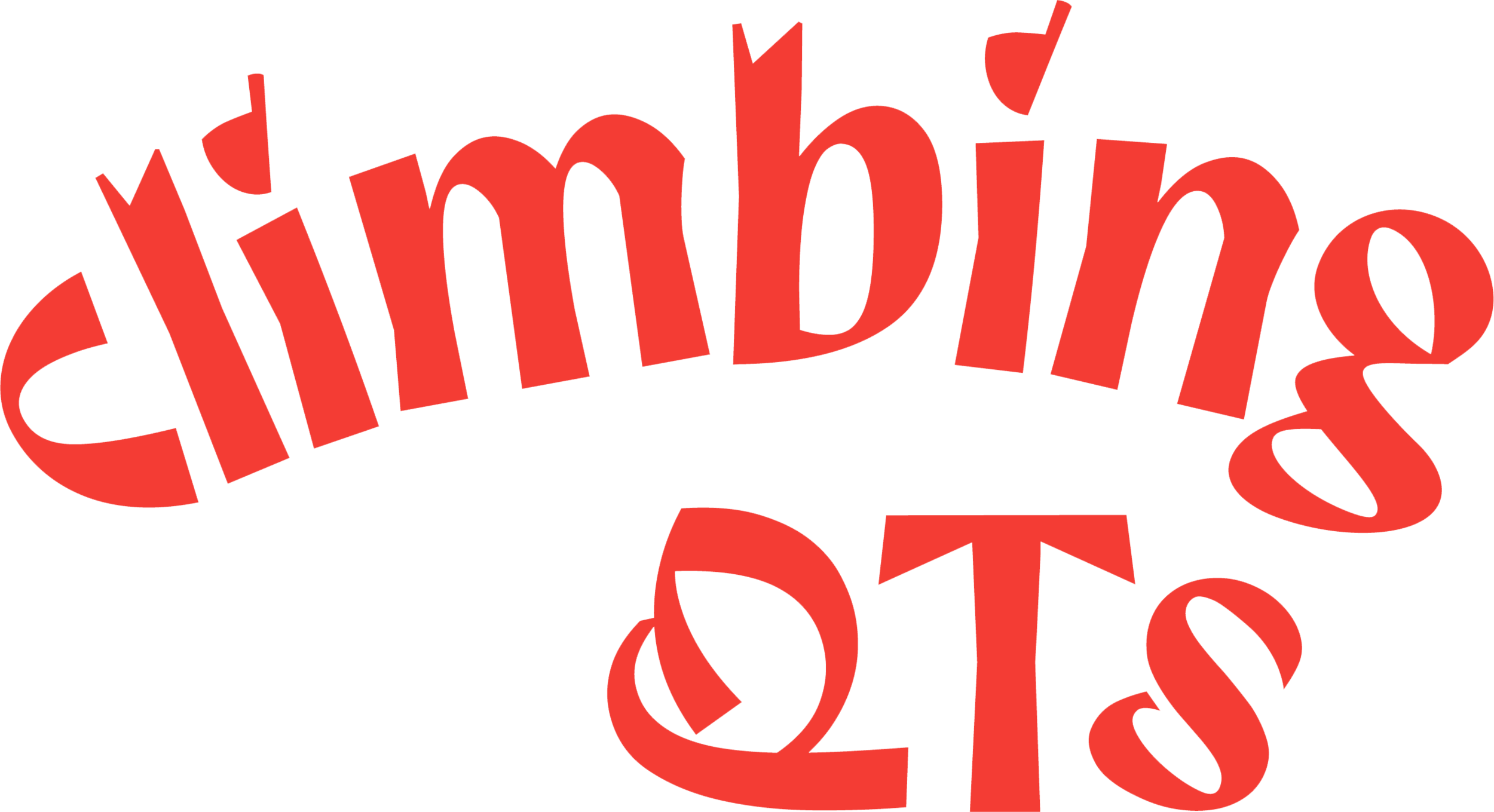Reconciliation and the Outdoors
By Florence Seow
The deaths of George Floyd, Breonna Taylor, Ahmaud Aubrey and so many others have shown the world in stark relief the lethal impact of systemic racism. The international support and outrage expressed for these unjustifiable deaths in news and social media have led to the creation and sharing of content on how to be actively anti-racist.
This international conversation has also been a prompt for us in Australia to reassess how the racism in which we might be complicit impacts Aboriginal people in all areas of their lives.
In the wake of National Reconciliation Week, climbers have an opportunity to walk the talk. We can do anti-racist work by embarking on a journey of reconciliation. This is crucial for putting into practice the value of anti-racism and respecting the rights of the Traditional Owners whose landscapes we climb in. The chart illustrates what a reconciliation-led path might look like for climbers.
We begin by reflecting on why and how our efforts to build respectful relationships with Traditional Owners have been hampered in the past. We do this with curiosity and with the knowledge that we may confront painful things and vulnerable places in ourselves. With fresh eyes, we take stock of our assumptions and perspectives, and their limitations. We acknowledge what we don't yet know or understand. We consider what we might need to know in order to see from the perspective of Traditional Owners. We educate ourselves on the history of land rights in Australia, Australian race relations and the significance of reconciliation. As a beginning, you might look at Clare Land's Decolonising Solidarity (Zed Books Limited, 2015) and Sarah Maddison's Beyond White Guilt:The Real Challenge for Black-White Relations in Australia (Allen and Unwin, 2011).
We think about what reconciliation might mean for climbing so that we don't continue, even inadvertently, to disempower Traditional Owners through our actions and words.
What practices and expectations can be discarded, and what can be carried forward? What can be done differently? What can you do in your sphere of influence that puts into practice all you've learned?
"You don't have to see the whole staircase, just take the first step."
- Martin Luther King

